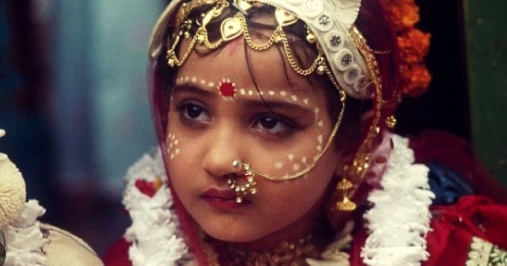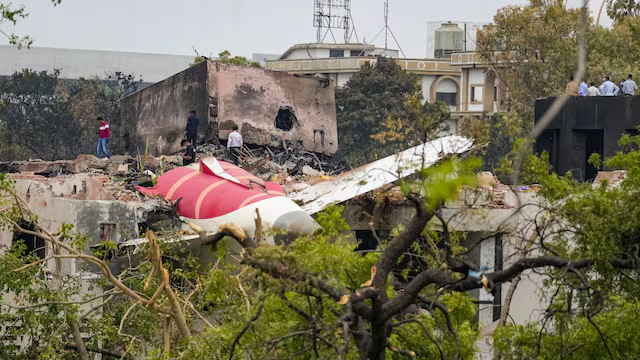Latest Updates
Prohibition of Child Marriage Act cannot be overridden by traditional practices under personal law: Supreme Court

The Supreme Court on Friday said that the Prohibition of Child Marriage Act (PCMA) cannot be overridden by traditional practices under personal law. The court stated that marriages involving children infringe upon the fundamental right to choose a life partner. A bench comprising Chief Justice D Y Chandrachud and Justices J B Pardiwala and Manoj Misra issued several guidelines aimed at improving the implementation of laws designed to prevent child marriages in India. They emphasized that the issue of whether the PCMA should take precedence over personal laws is currently under consideration in Parliament, following a request from the Centre.
“While the PCMA seeks to prohibit child marriages, it does not address the broader social malaise of marriages fixed in the minority of a child, which also violate the rights to choice,” said Chief Justice Chandrachud. He added that child marriages strip young individuals of their agency and the ability to assert their preferences for life partners. This judgement was delivered in response to a Public Interest Litigation (PIL) filed by the Society for Enlightenment and Voluntary Action, which sought stronger enforcement of the laws against child marriage.
The court highlighted the need for an intersectional approach to tackle child marriages, particularly for marginalized communities. “Intersectionality involves considering factors like gender, caste, socio-economic status, and geography, which often increase the risks of early marriage,” the Chief Justice noted. The guidelines issued by the apex court stress that preventive strategies must be tailored to the specific needs of different communities. They also pointed out the importance of addressing root causes of child marriage, including poverty, gender inequality, and lack of education. “The PCMA as a social legislation will only succeed through the collective efforts of all stakeholders,” the apex court observed.
In addition, the Supreme Court called for enhanced reporting mechanisms, expanded public awareness campaigns, and investment in training for law enforcement. “The implementation of these guidelines is to prioritize prevention before protection and protection before penalization,” the court emphasized, acknowledging the impact of criminalization on families and communities. The bench clarified that this does not imply a disapproval of prosecuting those who engage in illegal acts. Instead, they asserted that law enforcement should focus on both preventing child marriages and enforcing the law effectively.









